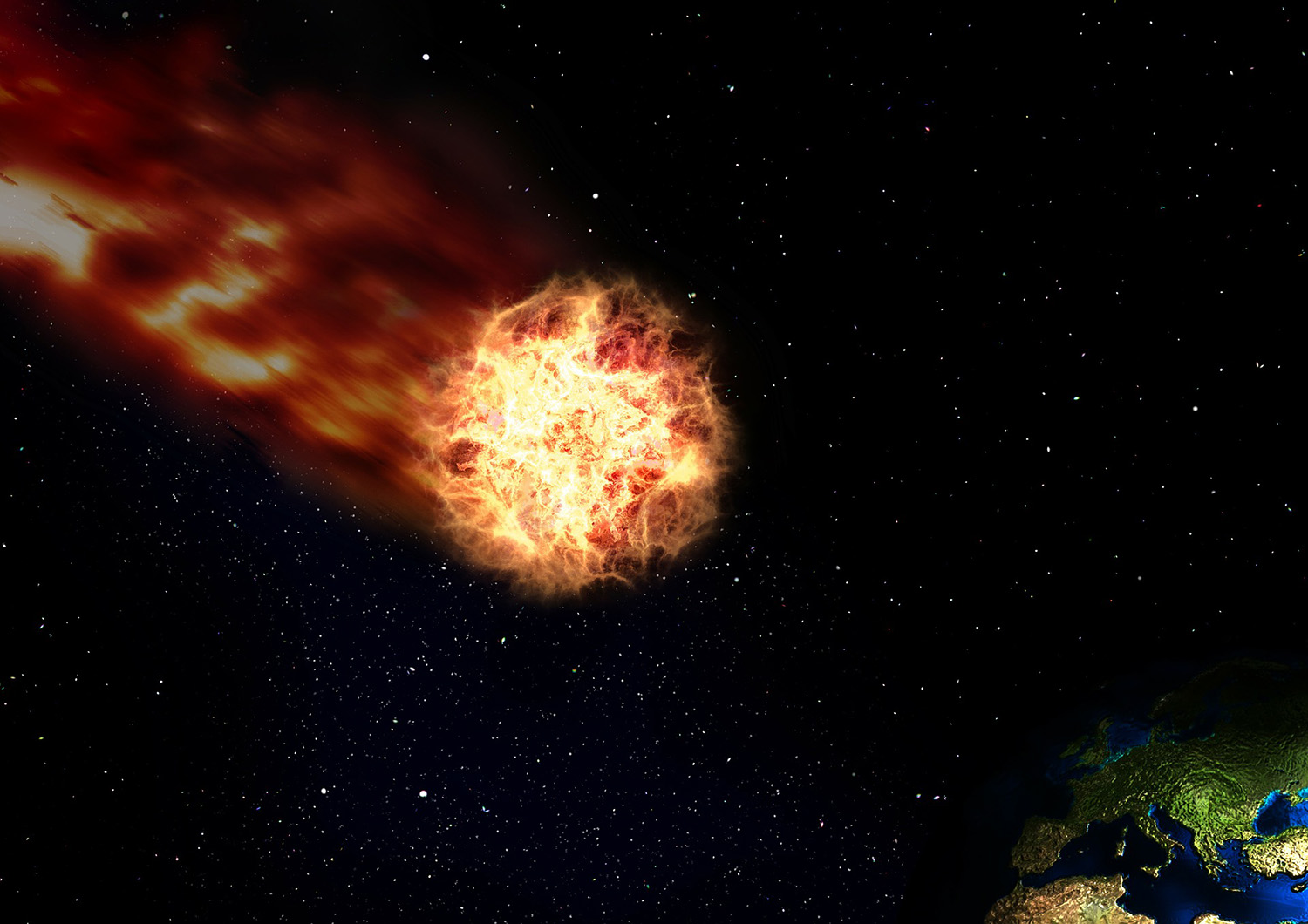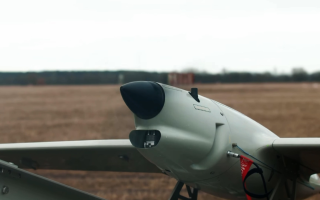
Tri-Service
How The World Will End (Maybe)

The rise of robots, the manufacture of deadly viruses and asteroids are among the threats that could wipe out millions, a new report warns.
Nuclear war, super volcanoes and catastrophic climate change are some of the other deadly risks to mankind, meanwhile.
The report, Global Catastrophic Risks, ranks dangers that could wipe out more than 10% of the population, with experts warning the threats are more likely than many realise.

The British Army was deployed to Sierra Leone last year after the Ebola virus swept through the country
It points out that a typical person could be five times more likely to die in an extinction event than in a car crash and says governments are failing to prepare properly.
In the next five years asteroids, super volcanic eruptions and unknown risks are ranked as the biggest threat to humanity.
Sebastian Farquhar, director at the Global Priorities Project, said:
"There are some things that are on the horizon, things that probably won't happen in any one year but could happen, which could completely reshape our world and do so in a really devastating and disastrous way."
"History teaches us that many of these things are more likely than we intuitively think.
"Many of these risks are changing and growing as technologies change and grow and reshape our world. But there are also things we can do about the risks."

Tensions have risen recently on the Korean Peninsula as the North conducts missile tests
The report claims the biggest long term threats are natural and engineered pandemics and nuclear war.
The rise of 'off the shelf' deadly viruses could lead to militant groups like Daesh manufacturing their own, potentially killing millions.
Mr Farquhar said there was no evidence to suggest they could get the technology required in the 'very near term' but added:
"What we want to worry about in the future though is as it becomes easier and cheaper to do a lot of these things in an almost off-the-shelf kind of way, or to order the parts for say a smallpox virus off the internet, that might start to change."
"It is still too expensive to worry about rogue groups trying to use the technology, but that might not remain true."
The danger of a naturally occurring potent form of avian flu mutating and rapidly infecting humans could also lead to the deaths of millions.
Mr Farquhar also warns of humanity being overtaken and wiped out by its own creations:
"There is really no particular reason to think that humans are the pinnacle of creation and the best thing that is possible to have in the world.”
"It seems conceivable that some AI systems might at some point in the future be able to systematically out-compete humans in a bunch of different domains and if you have a sufficiently powerful form of that kind of artificially intelligent system, then it might be the case that if its goals don't match with what humanity's values are then there might be some sort of adverse consequences.”
The answer? "International coordination" is required to tackle the dangers, according to the report.








